Table of Contents
How To Know If Hiring A Personal Trainer Is Right For You
If you are interested in reaching your maximum potential and getting the most out of your workouts, you should at least consider hiring a personal trainer. There are many questions you will have to answer to make sure that hiring one is the right move for you:
- Do I have time?
- Will I be able to work out with him/her (even though it costs money)?
- Is he/she licensed and insured?
- What kind of attention do I need?
- How much do I need to pay?
- Is there a gym nearby? (Where will they take me?)
2.) Is this something that makes sense for my budget/schedule/commitment level/personal goals?
3.) Would I rather do this on myself if needed or do this with somebody else if someone else isn’t available?
4.) Will this help me reach my goals faster or slower than working out alone? It’s important that you don’t get carried away in choosing your personal trainer. One reason some people like hiring trainers is because they often have experience with their customers, so they can offer advice and guidance on alternative options when necessary.
The advantages and disadvantages of hiring a personal trainer or coach
According to a study by the American Institute of Aerobics and Physical Activity, a personal trainer can help you get the most out of your workout. The study showed that personal trainers guide their clients to achieve their goals while they are exercising and are scientific.
This is not one of those headlines generated by a random news agency or by some blogger looking for click-bait. In fact, this is coming from the American Academy of Physique. It’s not rocket science (although it may have been worth a laugh), but it offers an interesting insight into what a fitness professional does for their clients and how that translates into real value for consumers.
The good news: The study found that the more experience and expertise a personal trainer had, the greater the benefit they provided. However, this was not true for every client; it was only true for experienced trainees as well as highly motivated (which meant that in order to get the most out of your workout; you need both!). For example, having experience on squats did not increase your chances of getting stronger during your workout compared to just squatting; while having an experienced trainer helping you along the way increased your chances by 10%.
This means that you need to invest time in your workouts if you want them to be effective, even if you have a trainer supporting you. If you only want to do one thing at once, then you don’t need a personal trainer.
What to look for in a personal trainer or coach
So, what should you look for in a personal trainer or coach? There are a few key things that will help you get the most out of your workout sessions:
- Knowledge about exercise physiology.
- A good knowledge of exercise science and how to use it to make therapeutic interventions.
- An understanding of the training methods and interval schemes involved in training.
- A sense of what you should and shouldn’t do (and how to tell when you’re doing/not) and when to take a break (to avoid injury).
I get asked this question all the time by people who want to go from couch potatoes to athletes. It’s pretty much impossible without a professional, but personal trainers are a great place to start. And they may be the first step towards becoming an athlete, so they can be very useful!
How to choose the right one for you
If you are serious about getting the most out of your workouts and the potential that they have, you should at least consider hiring a personal trainer. At the very least, they will help you improve your performance.
While some trainers may give you quick and superficial relief from stress, most can only help you get the most out of your workouts by helping you progress in a specific area. They can work with both beginners and experienced users. In fact, for people who already have a good level of fitness but lack any form of direction or guidance, it is better to hire an experienced personal trainer rather than do it all yourself. Most personal trainers will tell you that there are different levels of fitness achieved through specific kinds of workouts. For example, if you are interested in building strength and endurance, it is best to hire a personal trainer who works with these two areas.
The following tips may help people find a great trainer:
- Ask around for recommendations
- Check reviews on various sites like Yelp and Google
- Look up trainers on forums like Trainerize and similar places on the internet
- Ask the Trainer about their qualifications and credentials
How to make sure you get the most out of your training or coaching
Many people know they need to add a strength coach to their training program. However, they forget to consider how much of an impact it will make on them actually getting the most out of their training or coaching sessions.
It is likely that you won’t use the same gym time after time, so having someone with a strong background in strength and conditioning will help you a lot. In addition, having someone on your team who understands the fitness industry and can offer you advice on where to find talent can be helpful for finding the right coach for you.
However, this alone is not enough. You need someone who will go beyond just doing what he or she is told and will provide meaningful feedback on training programs and exercises. This means that your personal trainer should have a powerful knowledge of anatomy, as well as how different muscles are used during exercise and how specific exercises affect each muscle group (and not just their name).
A personal trainer should also know the common mistakes many beginners make when starting out (like trying to do too many compound exercises) and be able to provide you with guidance on how to avoid these pitfalls in future workouts (as well as providing supplements if it’s needed). Finally, having a personal trainer who knows about nutrition can be especially helpful—because nutrition has such a tremendous impact on performance.

